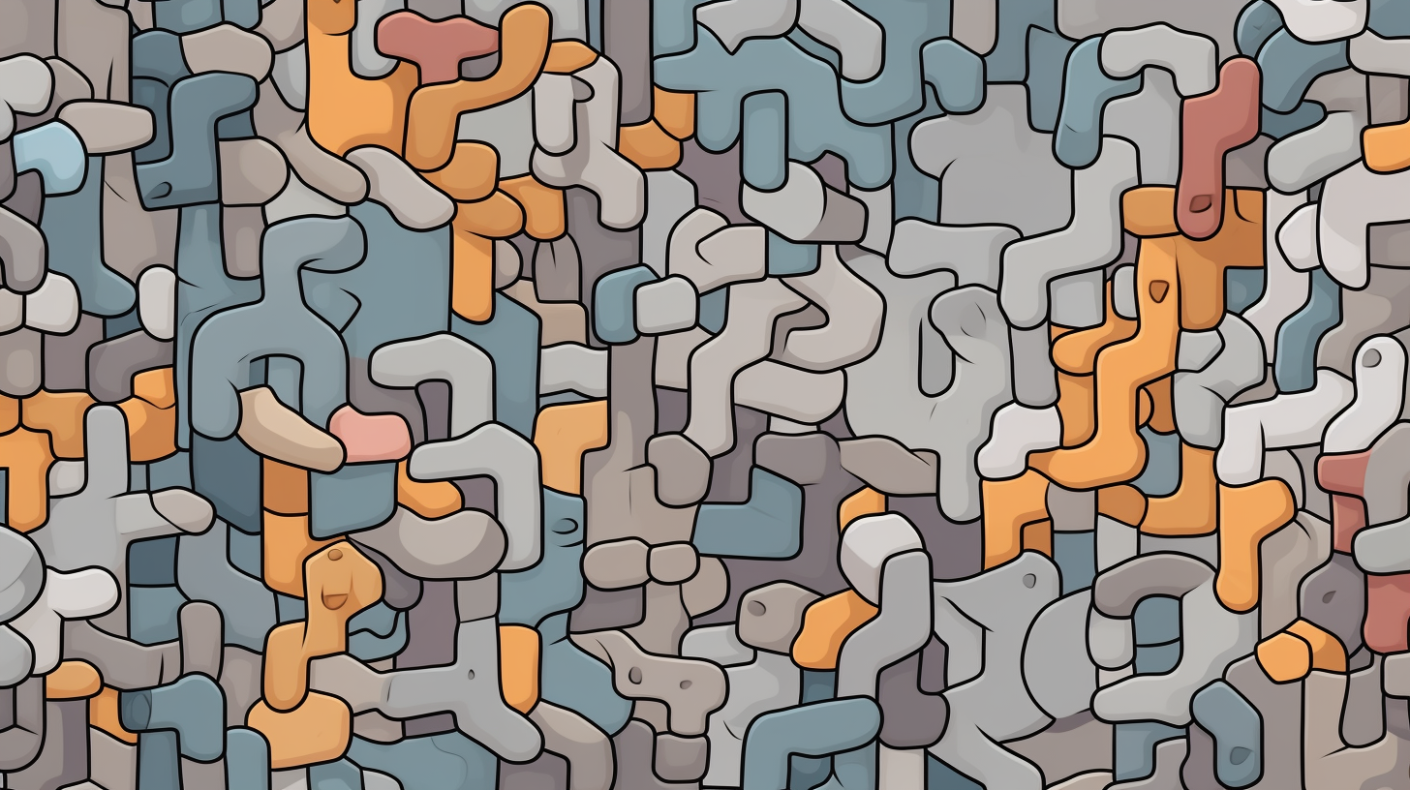
Life is good on planet Earth, and each year new technology speeds ahead at a logarithmic pace– 10,000 years to move the first inch, 1,000 to move the next, 100 to move the next and so on. Each innovation solves a new set of problems we often didn’t even know we had, or maybe didn’t exist before we solved the last problem. I’d like to preface this whole thing with a statement that every problem requires a perspective for definition. The earth does not have a problem with the production speed or cost of our consumables– we do.
What is blockchain tech, and why do we want to use it? Say you have a vinyl record you no longer need and want to sell it. You have to hope it isn’t scratched, package it appropriately, and ship it to a buyer somewhere else. This requires that you deal with the possibility of breakage/loss, and use a fair amount of physical energy to move the item to its new owner, which incurs not only monetary but ecological cost. Energy isn’t free, after all. Maybe a good solution to this physical problem is to make the item a digital good instead. Maybe being able to buy an .mp3 audio file at a fraction of the cost would free you from the potential physical breakage/loss, and if you chose to sell it to someone, you can just email it or send it somehow over the internet. This is not only lighter on energy but cuts out the middleman (ie. ebay, post office, bank, etc.) going direct from person-to-person.
Enter the double-spend problem. Since there is no third-party (middleman) meaningfully tracking all sending & receiving of individual audio files, what’s to stop me from making one or 100 copies of this song and selling them as if they’re the original? You see how this could get out of hand really quickly, thus terminally damaging the sale and resale value of digital assets. Now pretend we want to make a digital currency and you see where this really falls apart. I have $1,000 US, and I make copies of each dollar. I then spend them all, and we don’t realize we have a problem until it’s too late. The currency devalues and the global economy collapses in under 24hrs. Lucky for us, we didn’t do this, but we are trying to solve that issue so that we properly might.
Enter blockchain. Imagine you have that third party we keep trying to cut out of our p2p transactions, but instead of a person or business it’s a series of financially truth-incentivized hardware and software that are controlled by code and secured by advanced cryptography. This robot accountant keeps a ledger of transactions, assets, and timeframes one page at a time, and each of these pages is called a block. So every 10 minutes, for example, the robot aggregates all of the “John paid Sue X dollars” or “Alice sent Bob Y piece of digital art” and finalizes this ledger by creating a block. This information is confirmed by the rest of the many computers partaking in the system, and onto this very block is stamped a copy of the previous block– hence the chain. This inextricably links the future with the recent past and all past that came before it.
Using a secure & automated accountant such as the Bitcoin Network, we can facilitate all kinds of transactions in what we’d call a “trustless” manner. You don’t need to trust anyone to behave properly because all actors in the system are financially incentivized to be truthful. As we know from psychology 101, a reward for desirable behavior is the most effective manner of keeping everything in line, so this solution truly seems viable.
Blockchain = chain of blocks = series of occurrences permanently marked as having happened at a time, and linked to each prior. Let’s see where it goes, and let’s help it get there.
Thanks to our sponsor Goshen Network, a layer two solution building for Bitcoin, and to Bankless DAO for the ongoing support.